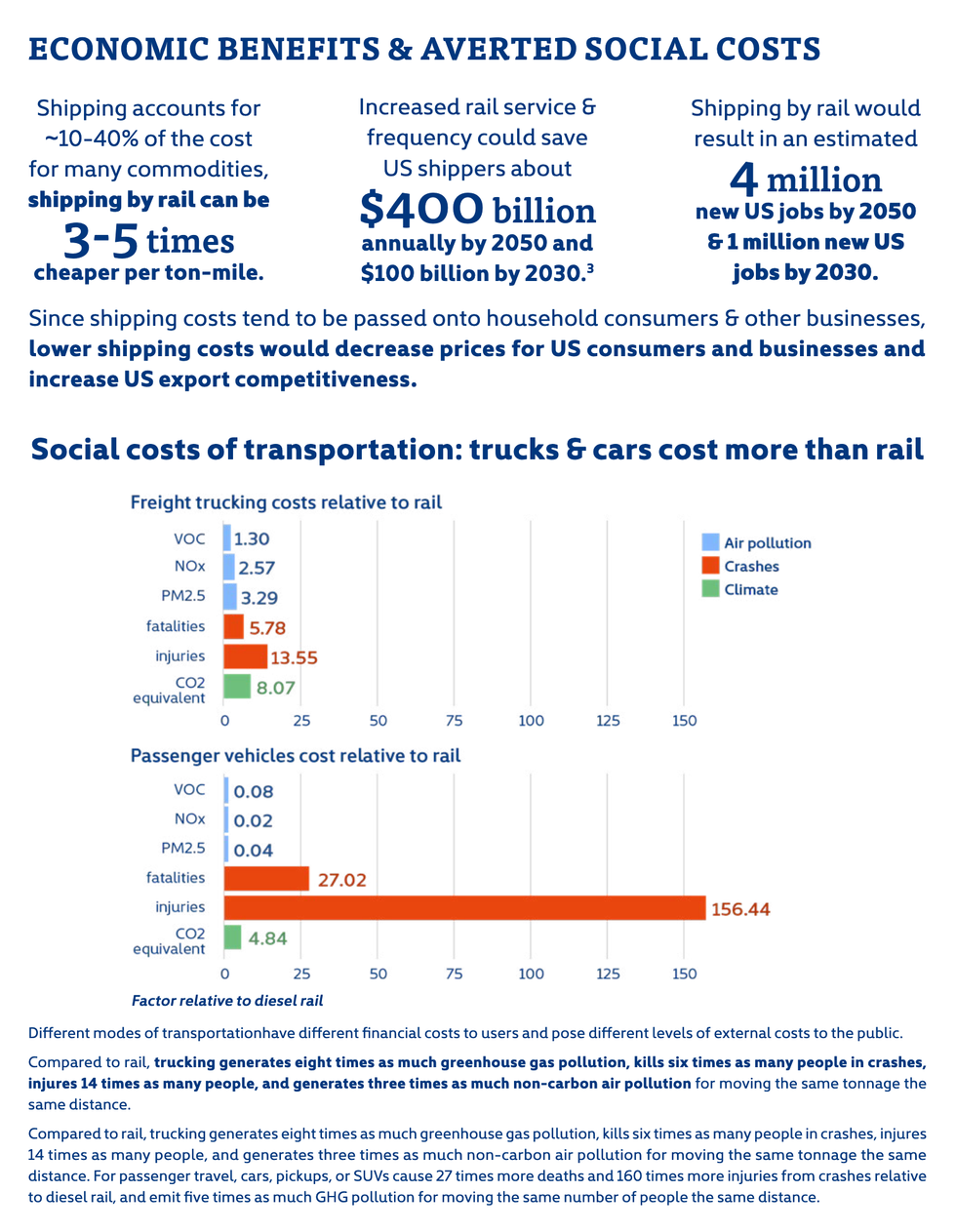New GOP Senate Leader Is a Former Lobbyist Who Has Taken Aim at Social Security
Sen. John Thune "has called for taking the debt limit hostage to force cuts to Social Security," warned one defender of the nation's most effective anti-poverty program.
Senate Republicans on Wednesday elected Sen. John Thune of South Dakota—a former corporate lobbyist and close ally of Sen. Mitch McConnell—as the leader of their conference for the upcoming term, when the GOP will have a 53-seat majority.
Republican lawmakers chose Thune over Sens. John Cornyn (R-Texas) and Rick Scott (R-Fla.), who was favored by allies of President-elect Donald Trump.
"Senators have received angry phone calls from constituents demanding to know how their representatives plan to vote, following MAGA world's embrace of Scott," The Washington Postreported. The leadership election was conducted via secret ballot.
In a statement Wednesday, Thune said he is "extremely honored to have earned the support" of the Senate GOP conference and stressed that "this Republican team is united behind President Trump's agenda."
"Our work starts today," Thune added.
"It's a new day in the United States Senate."
After being elected Senate Republican Leader, Sen. John Thune says, “We are excited to reclaim the majority and to get to work with our colleagues in the House to enact President Trump’s agenda.” https://t.co/sMMVVx2PxT pic.twitter.com/GylMysaA3V
— ABC News (@ABC) November 13, 2024
Before winning election to the Senate in 2004, Thune worked as a lobbyist for several sectors including the railroad industry. The Leverreported last year that as part of his lobbying work for the Dakota, Minnesota, and Eastern (DM&E) Railroad, Thune "helped the company procure a $230 million loan from the Federal Railroad Administration."
"In 2015, Thune reprised his advocacy for the rail industry, leading an effort to repeal an Obama administration regulation requiring improved, electronic braking systems on some hazmat trains," the outlet added. "The following year, he received the first-ever 'Railroad Achievement Award' presented by the Association of American Railroads, the industry's main lobbying group."
Thune is also "one of the biggest recipients of oil and gas money in Congress," the youth-led Sunrise Movementnoted Wednesday following his election as leader of the incoming GOP Senate.
Over the course of his Senate career, Thune has received more than $1.16 million in campaign donations from the fossil fuel industry, according to the campaign finance watchdog OpenSecrets.
Thune's top contributor between 2019 and 2024 was the American Israel Public Affairs Committee (AIPAC), the right-wing pro-Israel lobbying group.
"Thune has called for taking the debt limit hostage to force cuts to Social Security."
Thune will take the reins of the Senate GOP conference as the party readies another round of tax cuts for the rich and large corporations—one of Trump's top priorities. Thune is a leading advocate of repealing the estate tax, a move that would benefit a small number of wealthy Americans.
Congress is also barreling toward another potentially damaging fight over the debt ceiling, which is set to be reinstated on January 2, 2025.
Thune has previously expressed support for leveraging the debt limit—and the threat of a catastrophic default—to secure steep cuts to federal spending and possible changes to Social Security such as raising the retirement age, which would slash benefits across the board.
Social Security Works, a progressive advocacy group, voiced alarm over Thune's debt ceiling stance following his election as Senate Republican leader on Wednesday.
"Thune has called for taking the debt limit hostage to force cuts to Social Security," Nancy Altman, the group's president, said in a statement.



